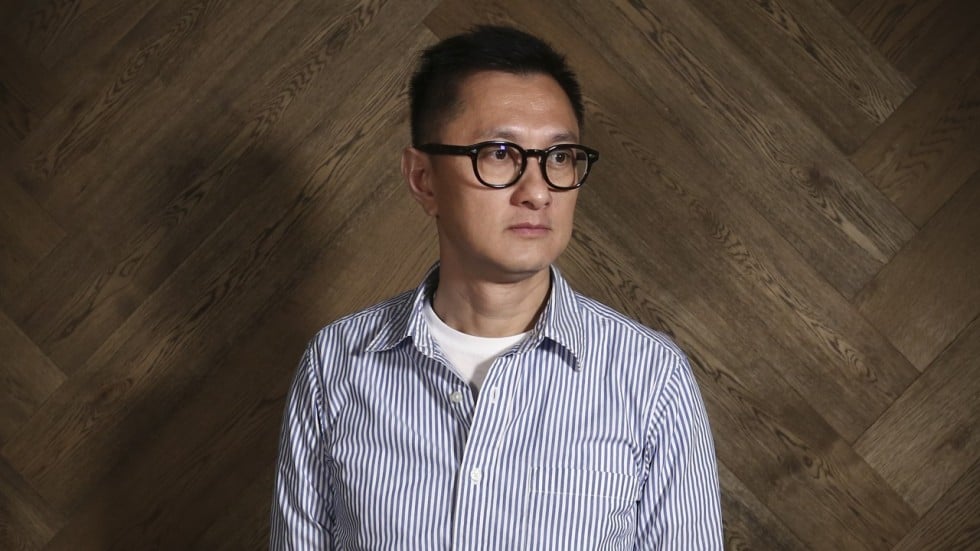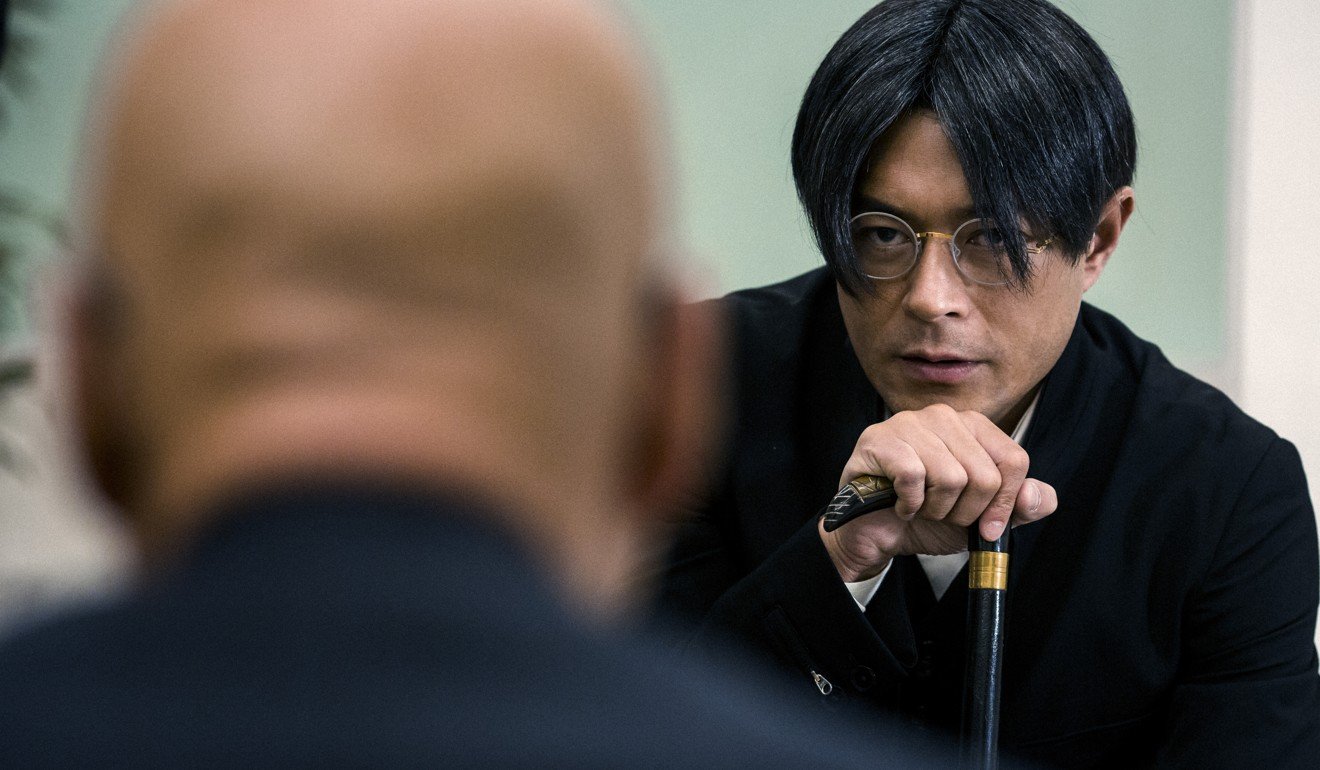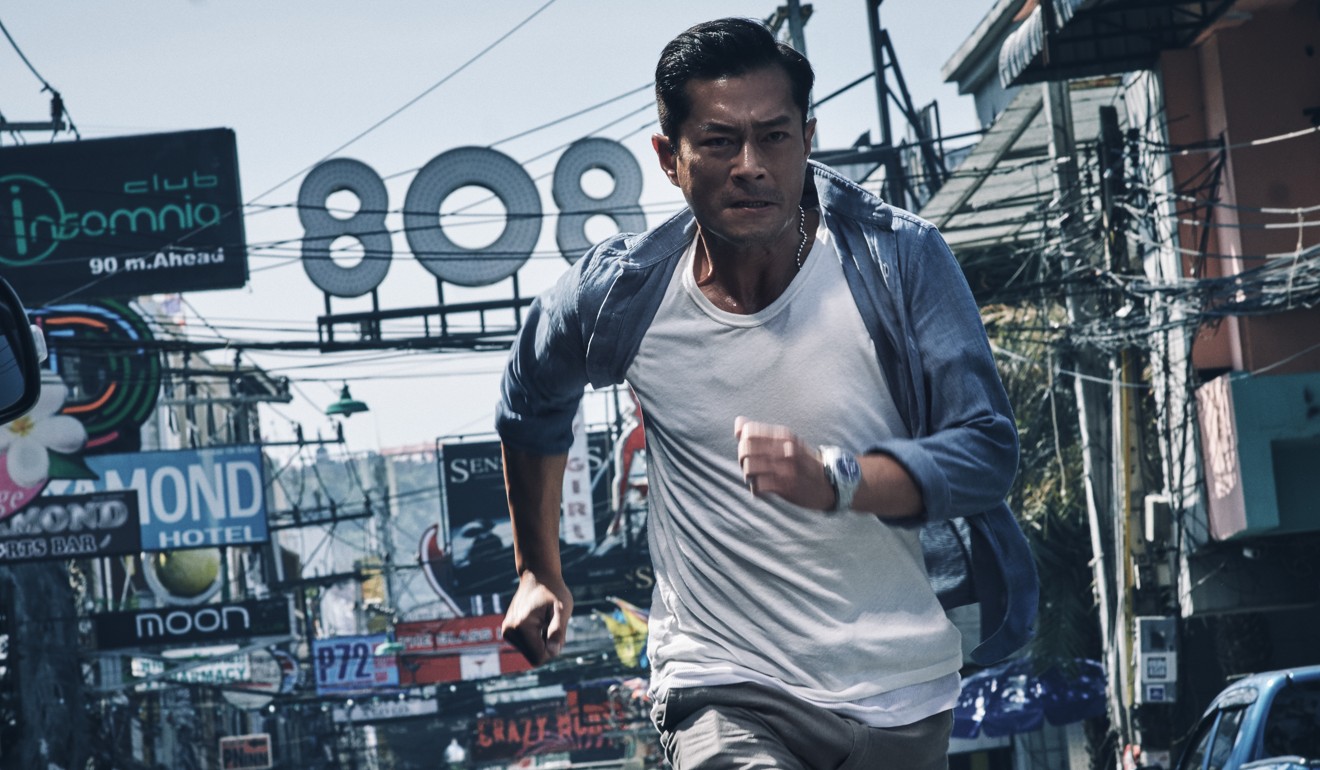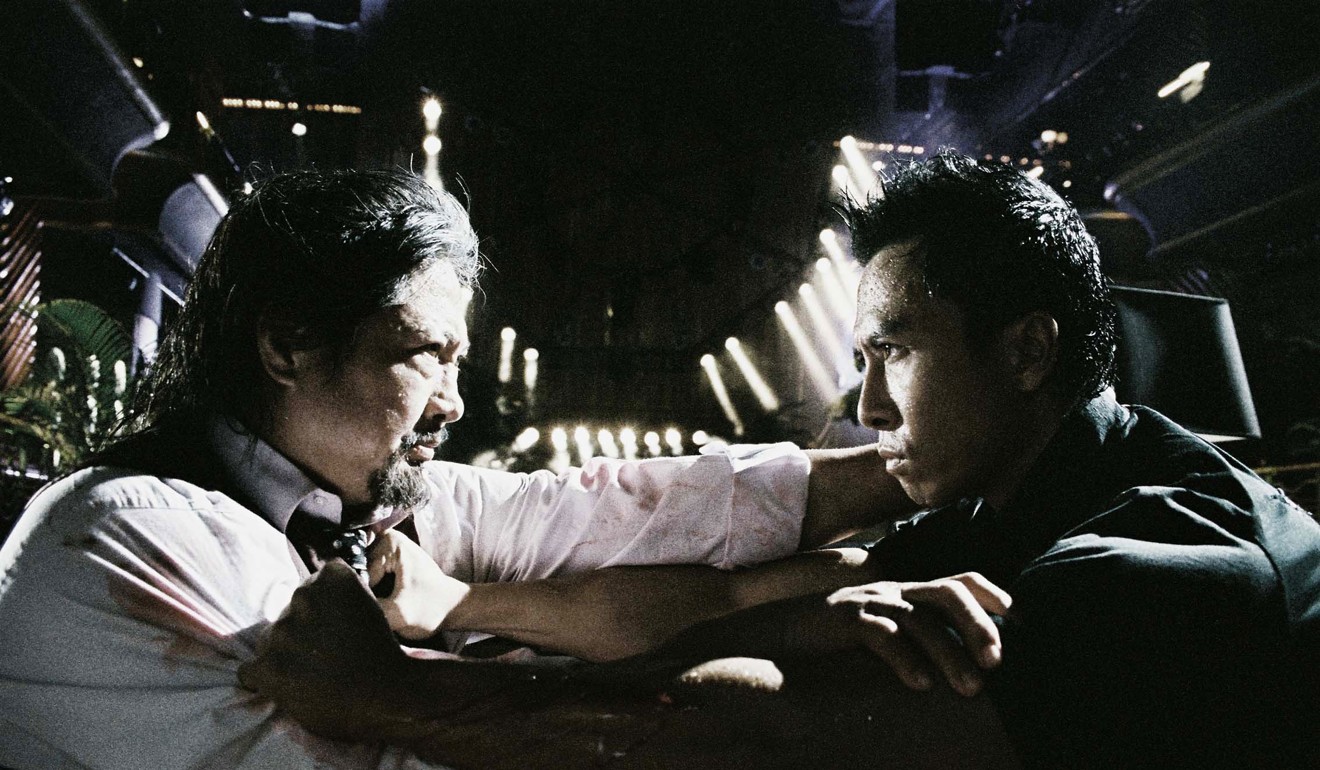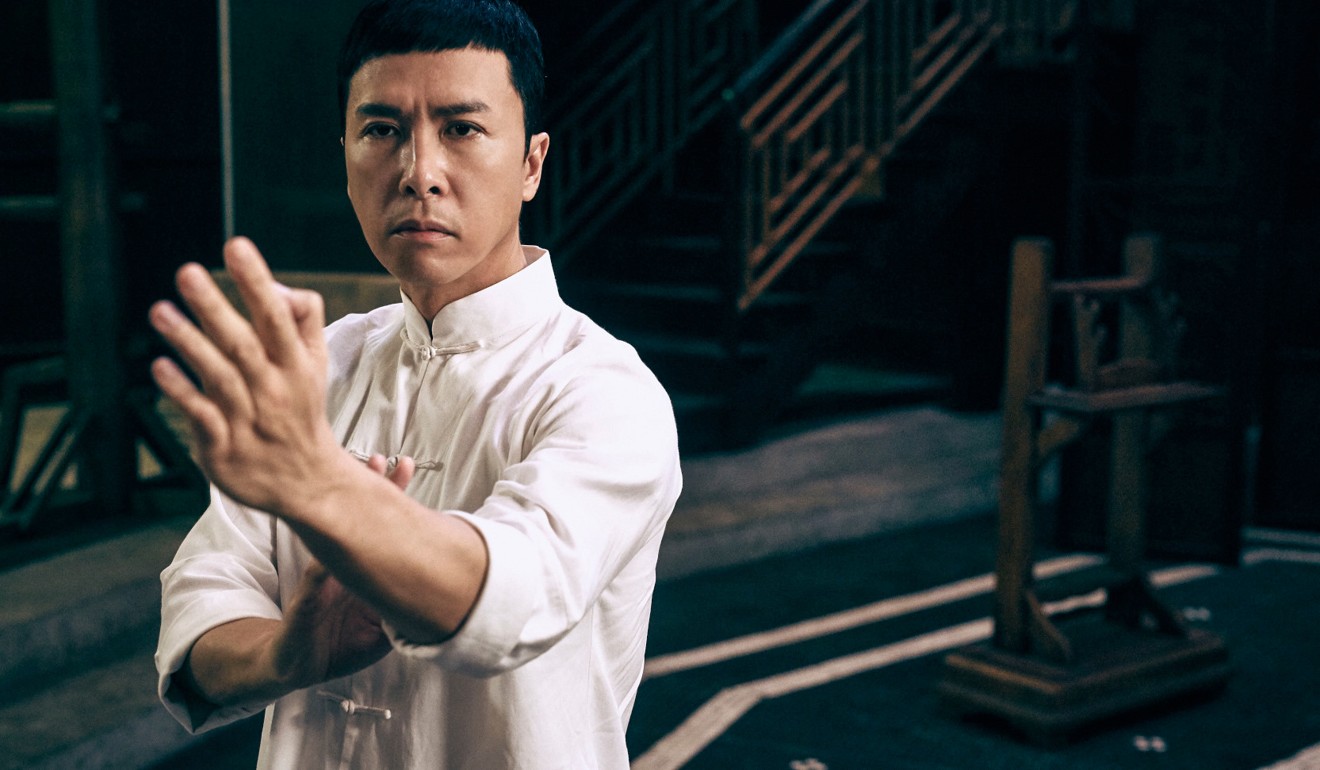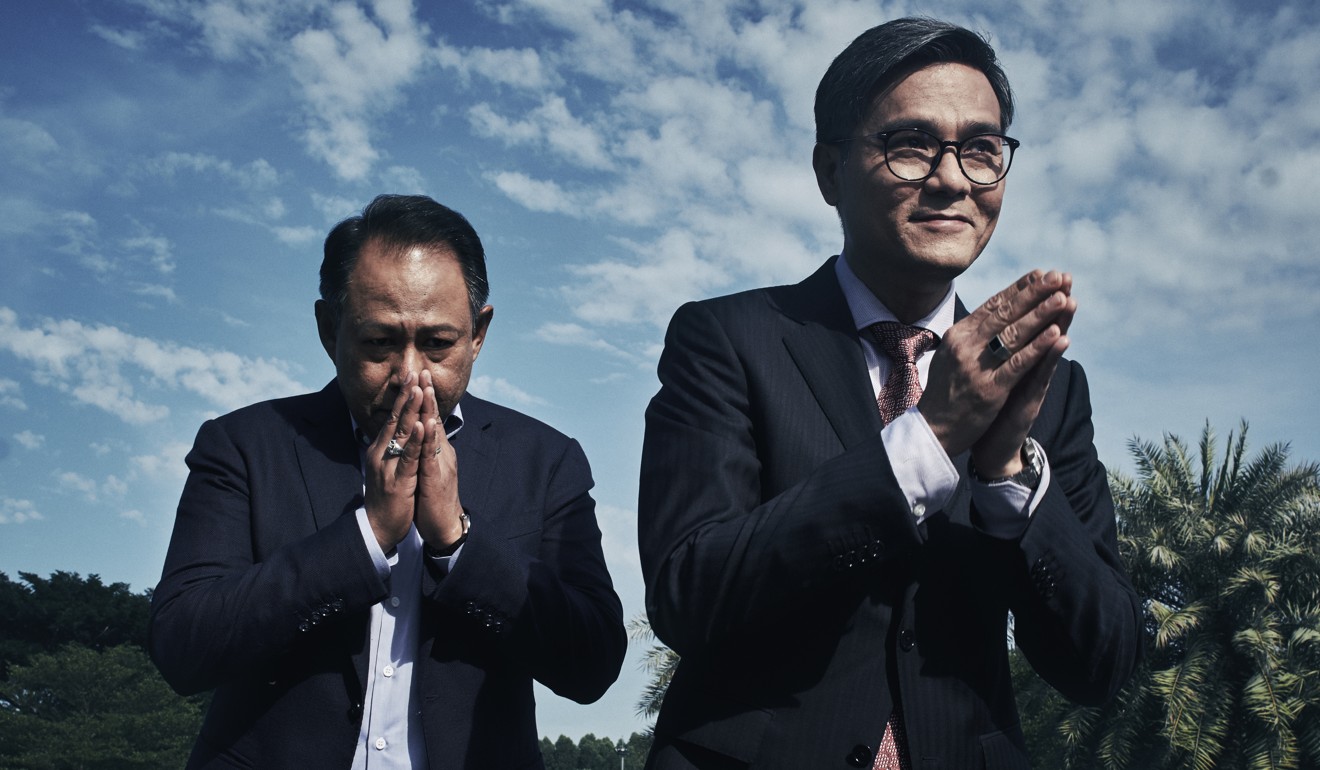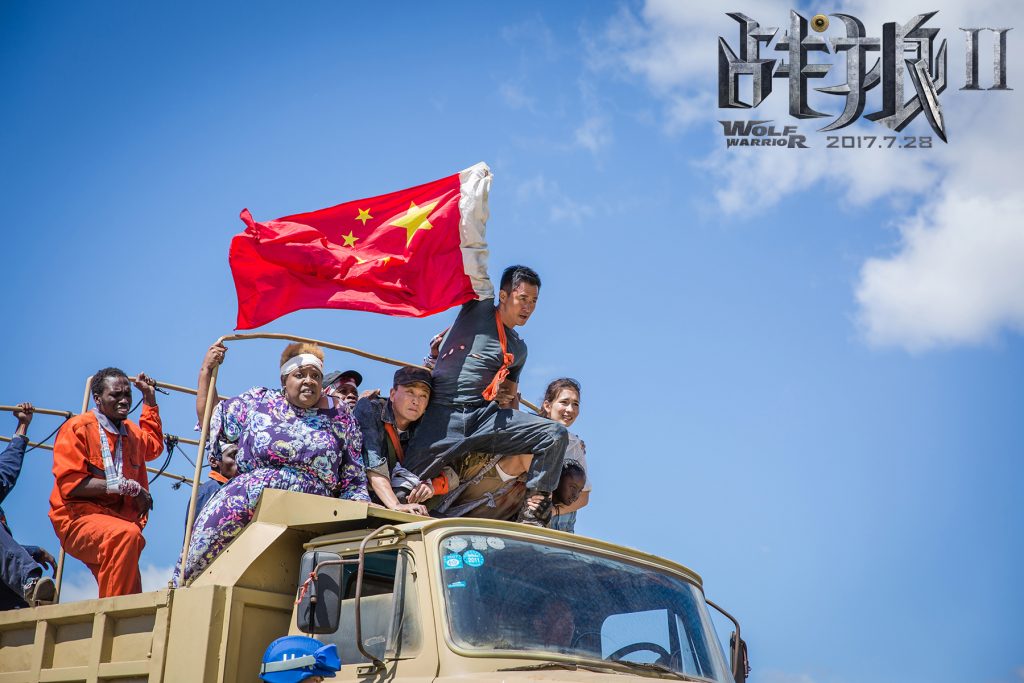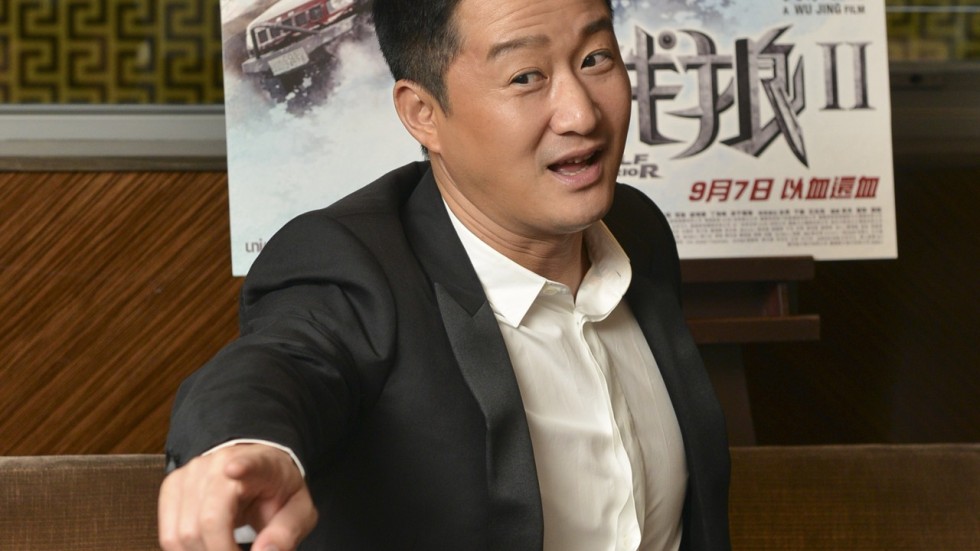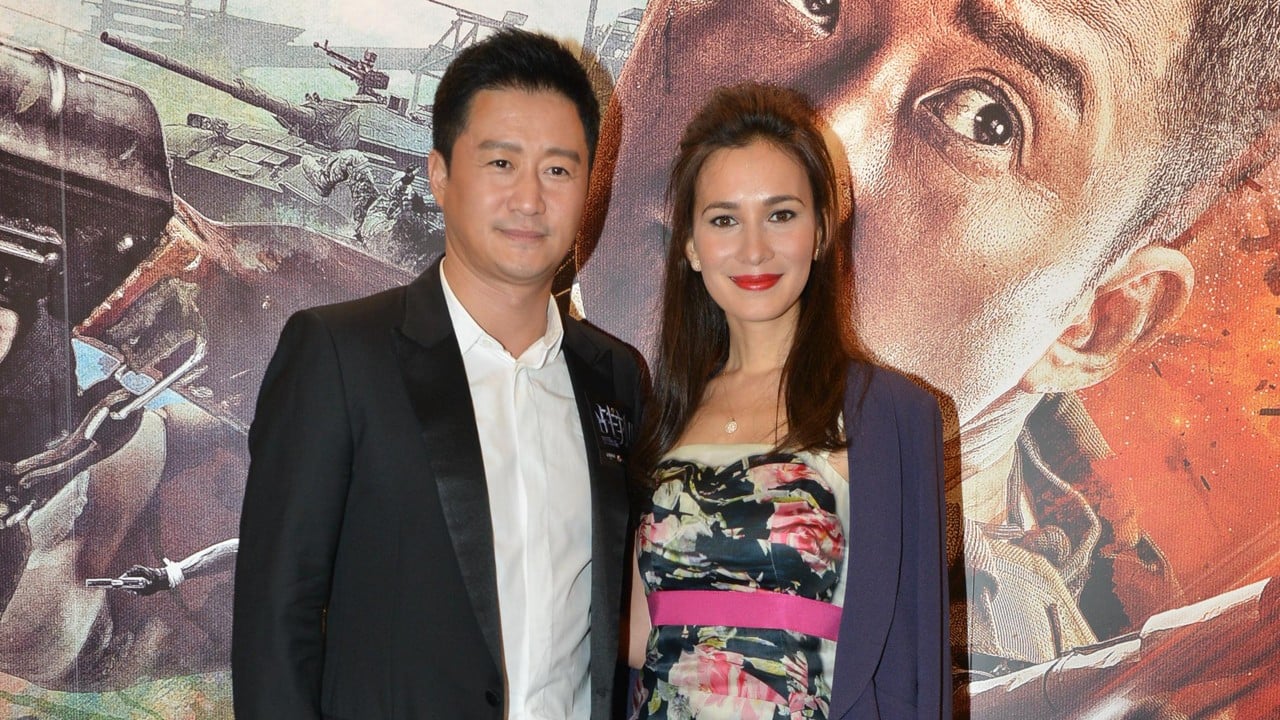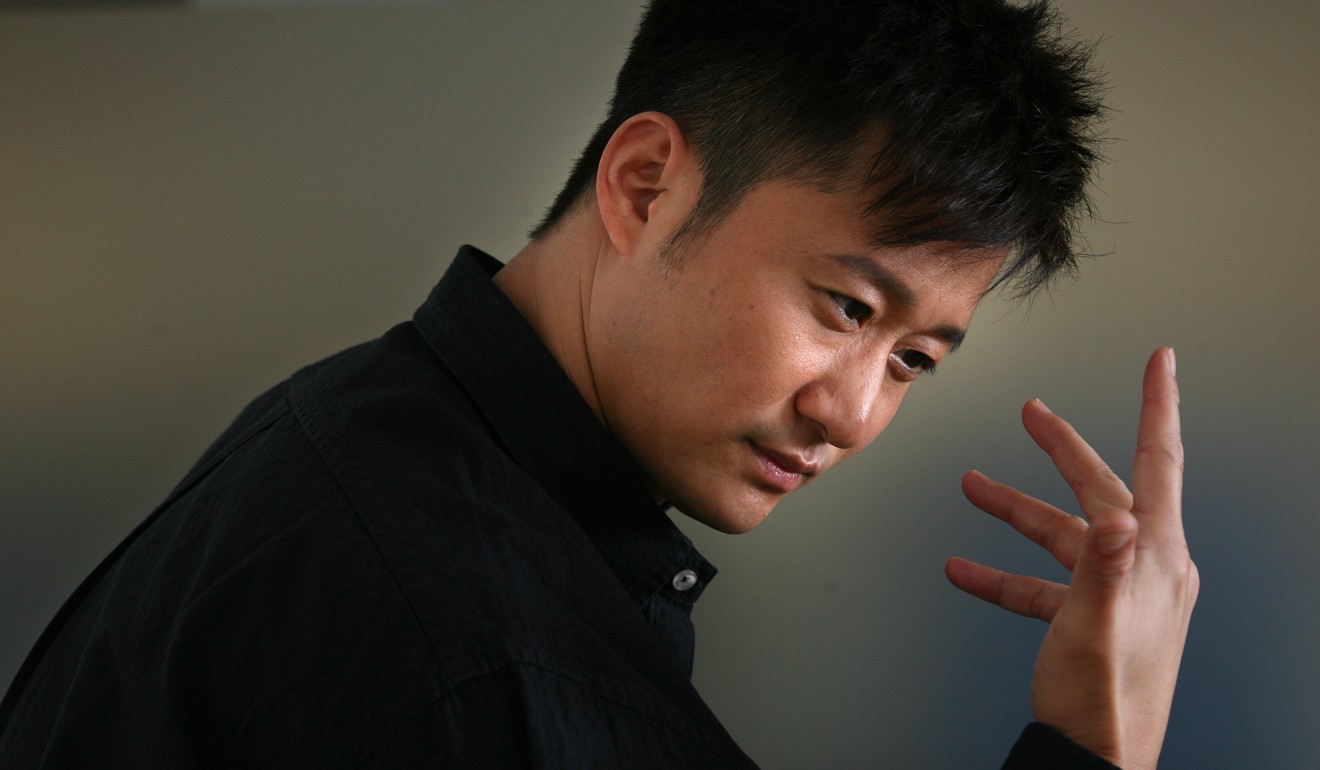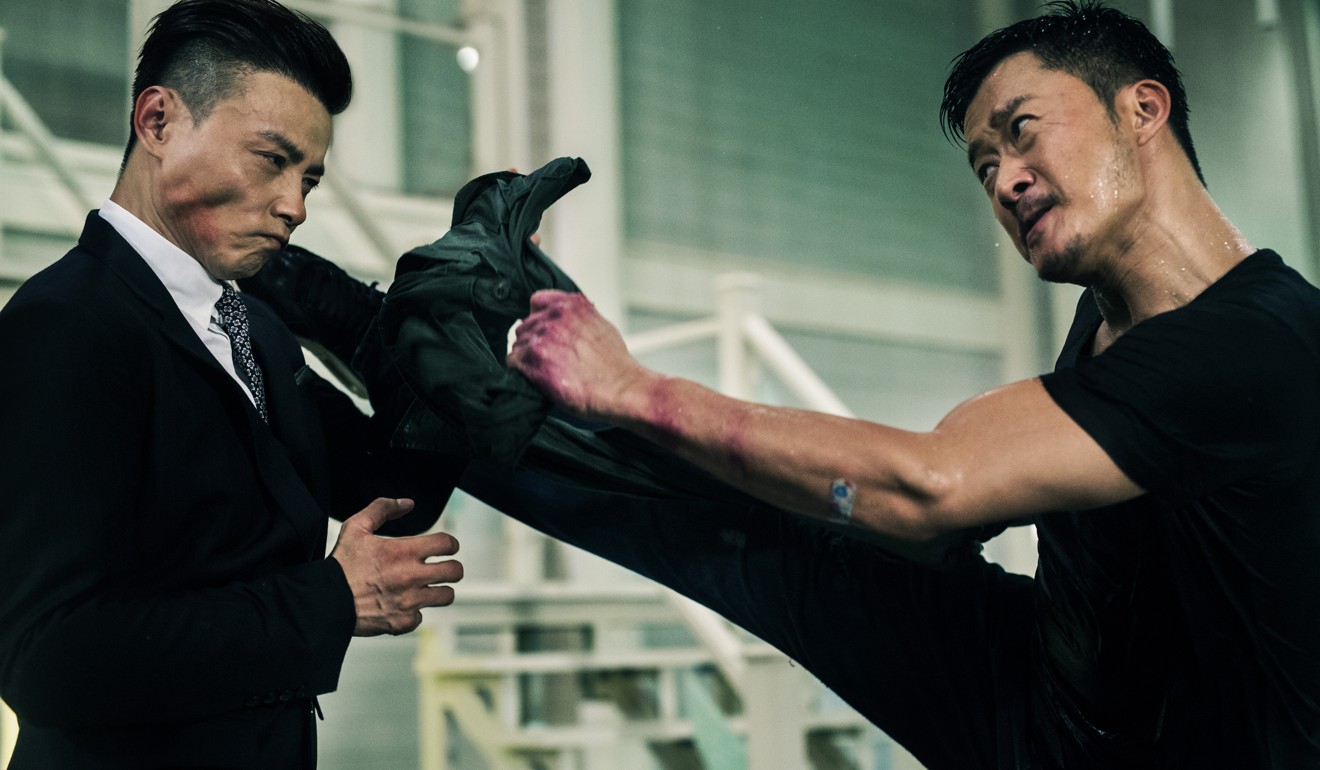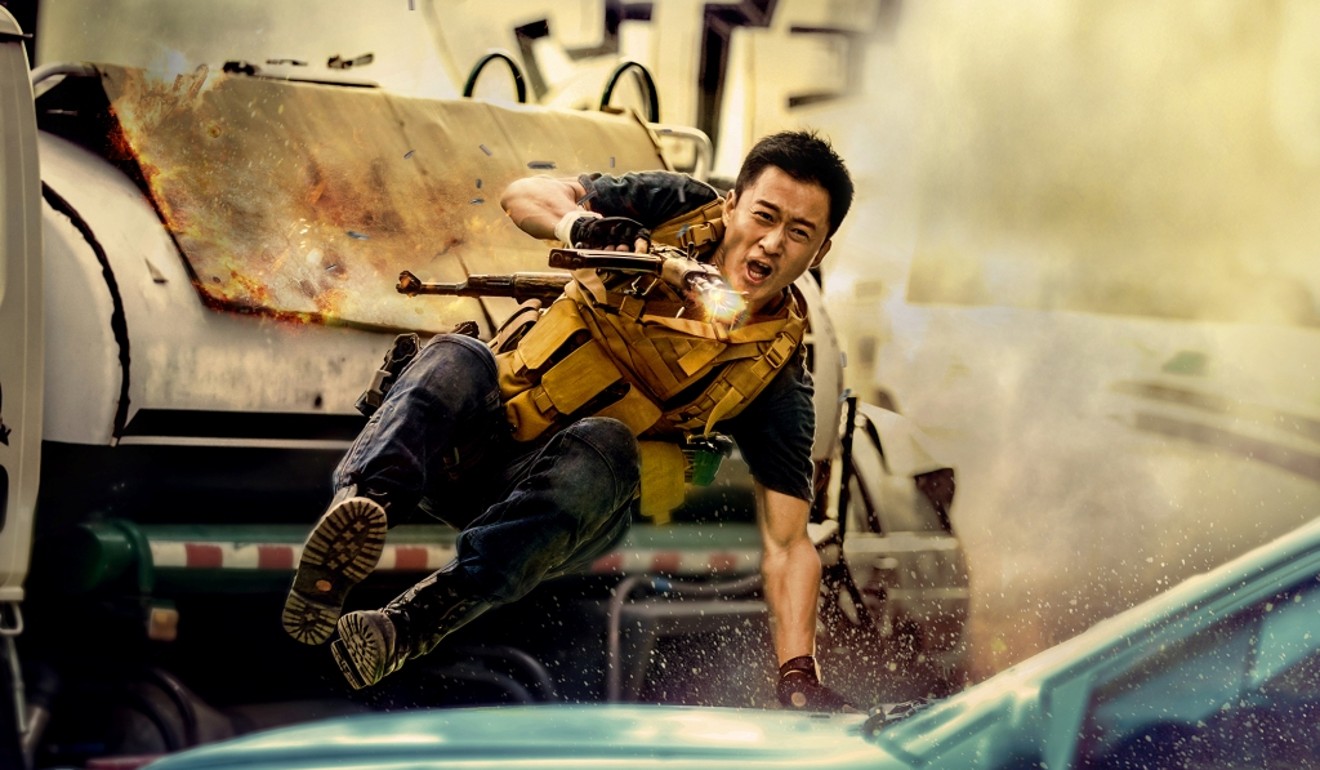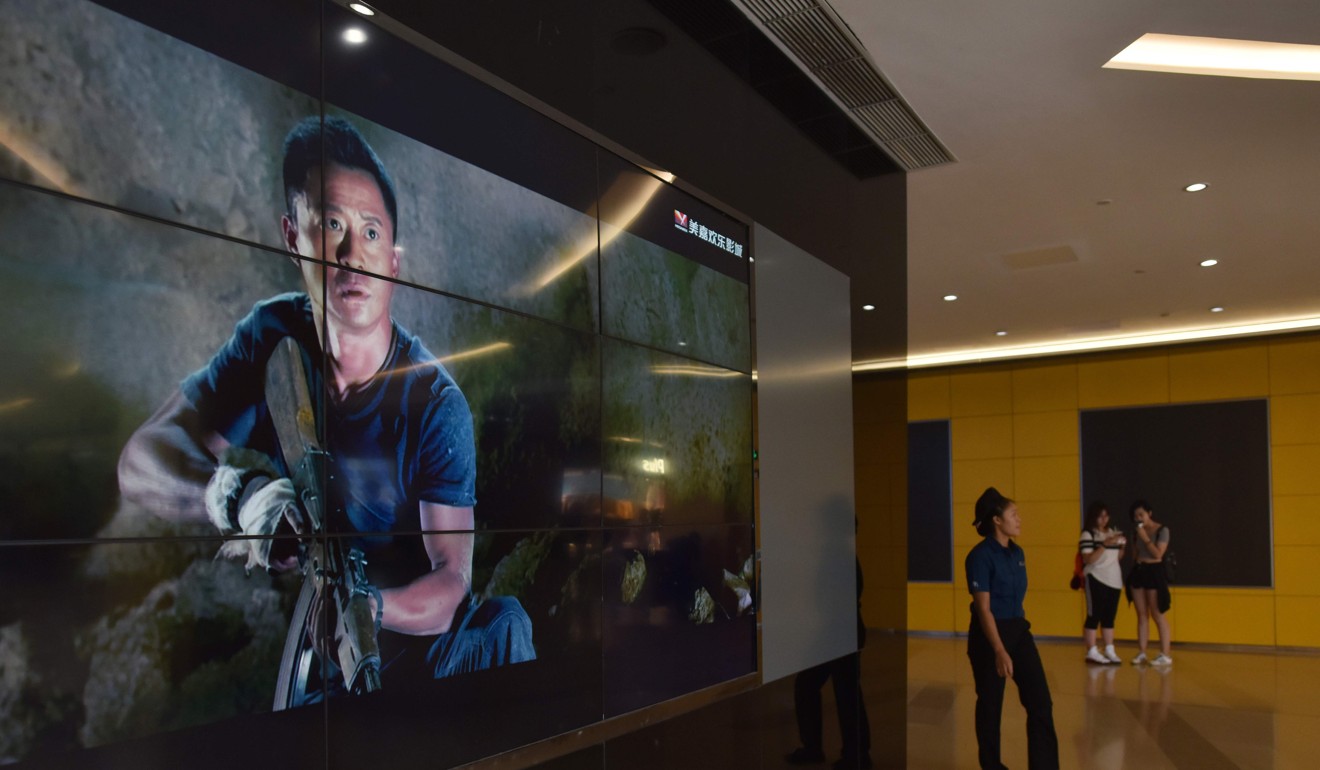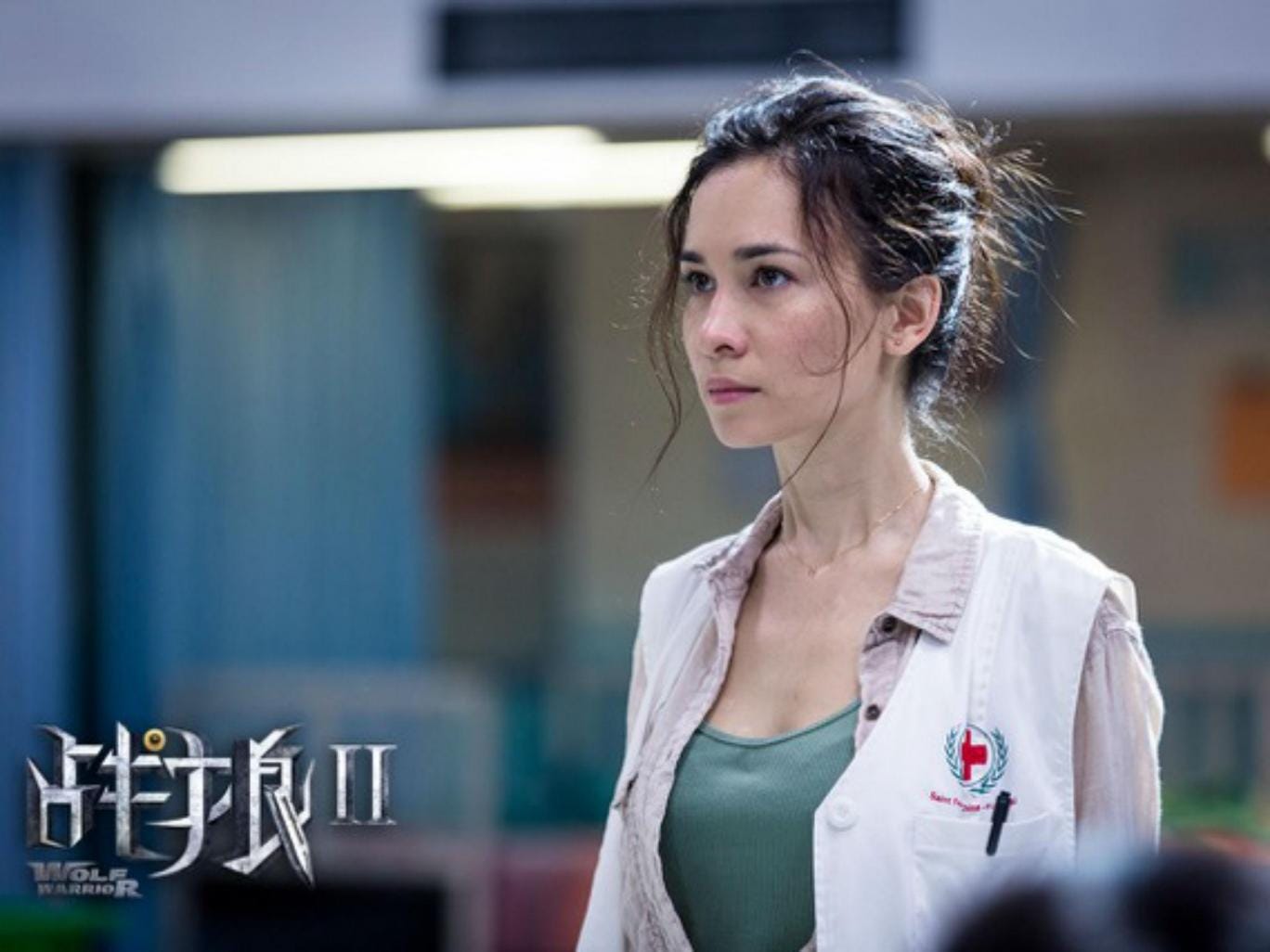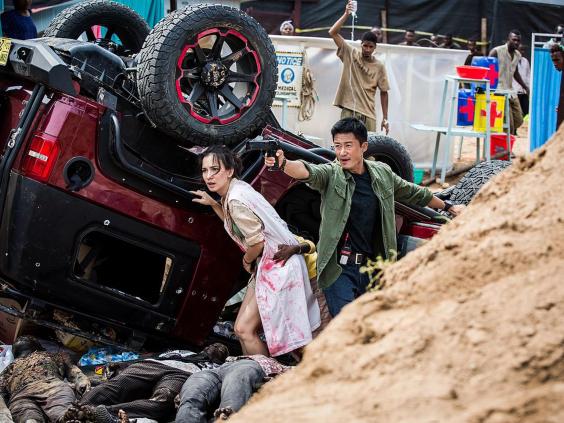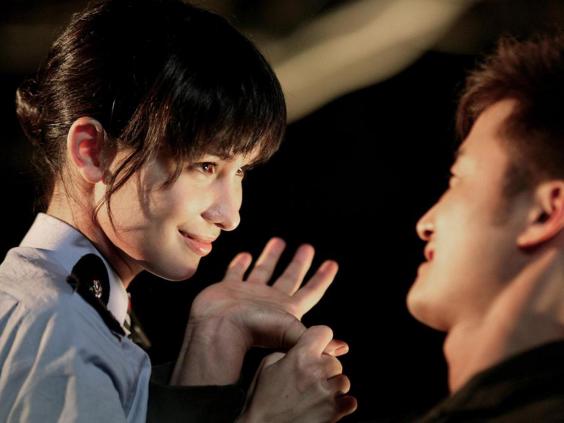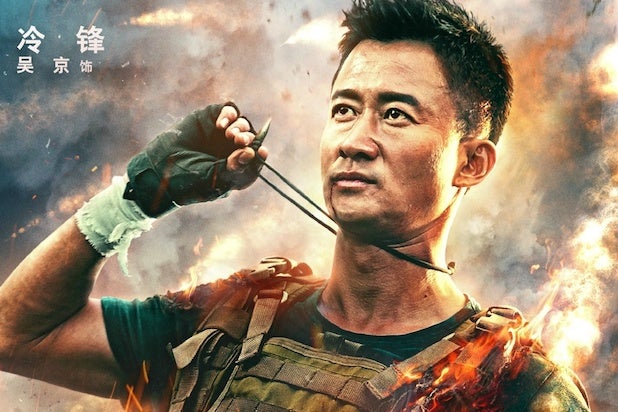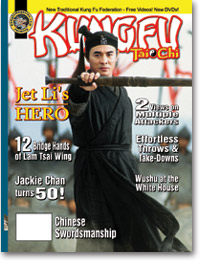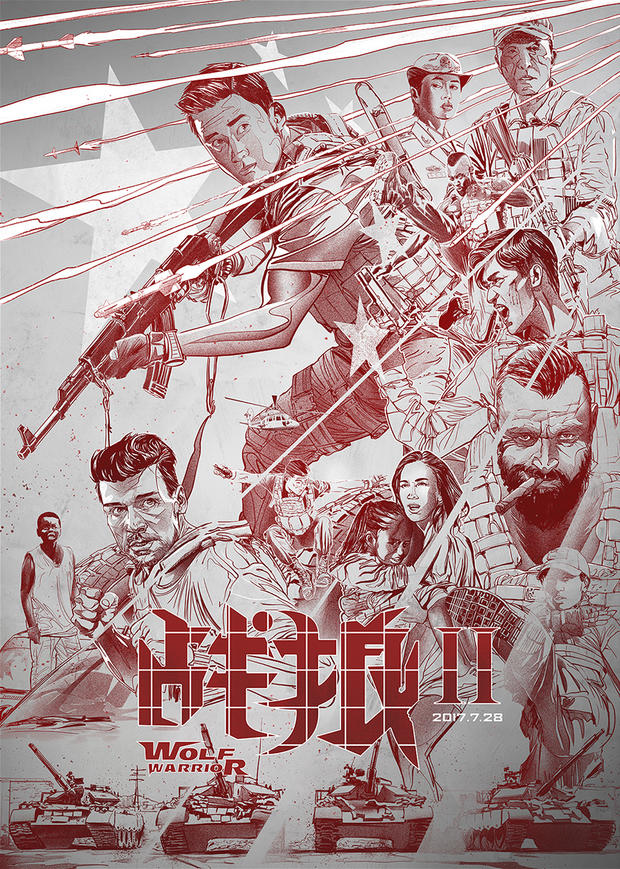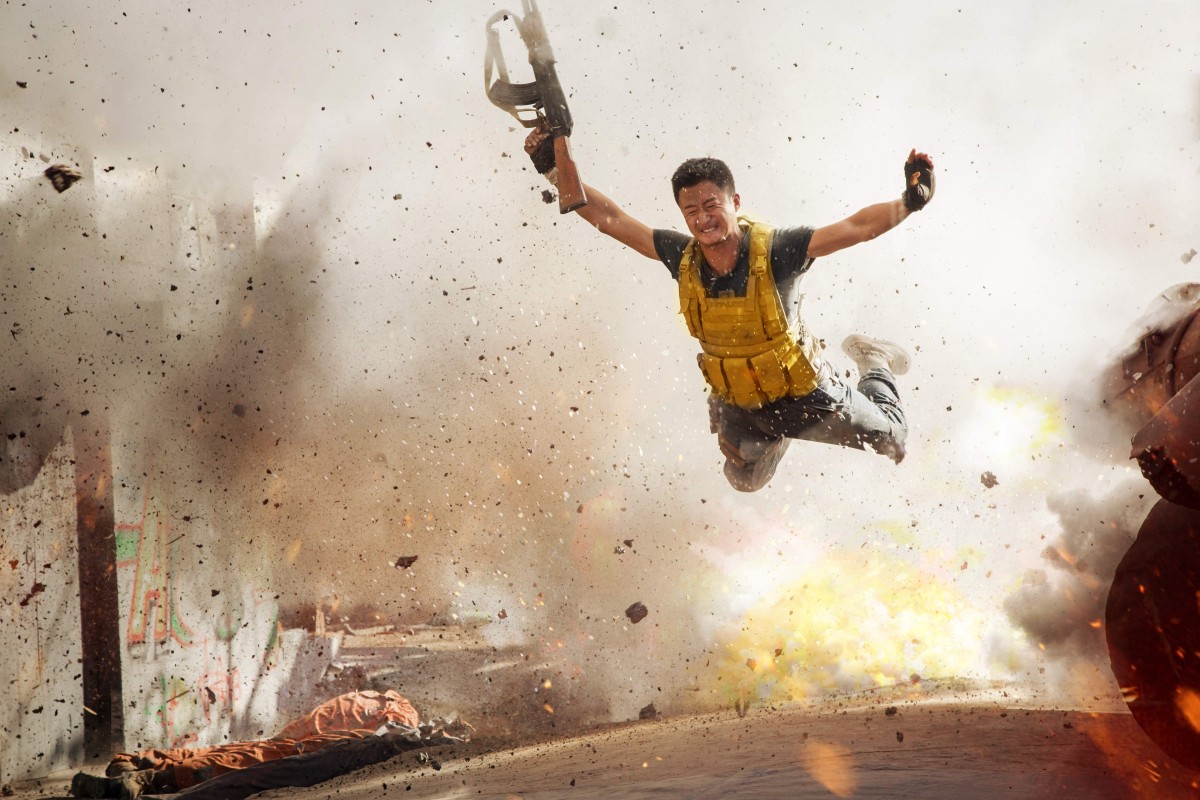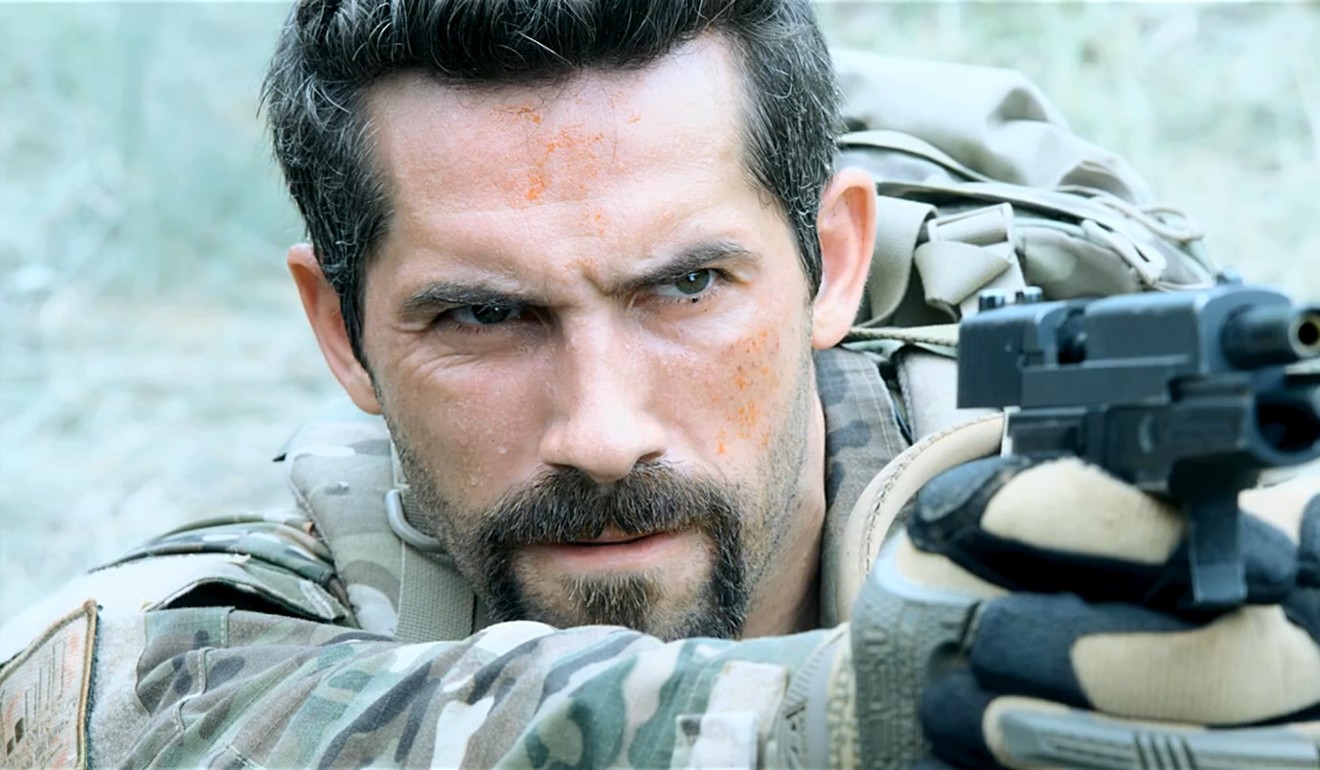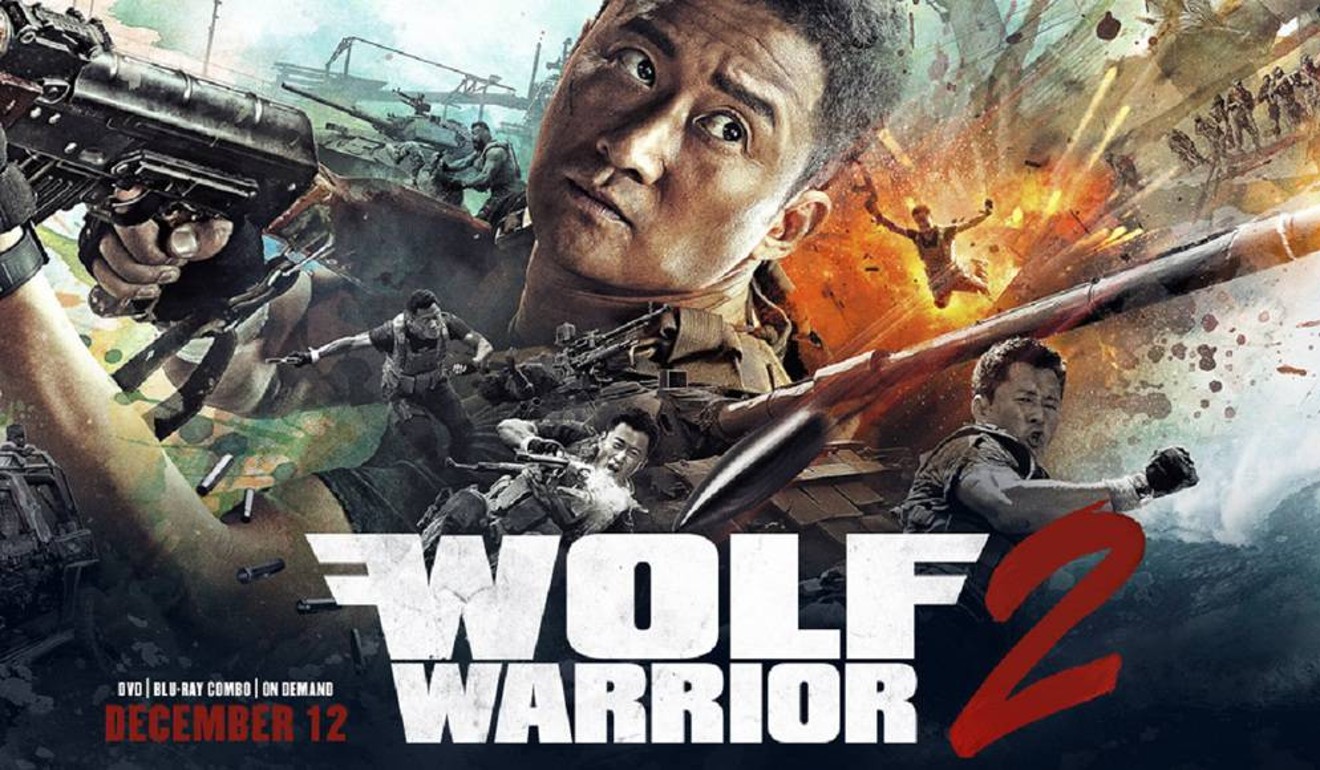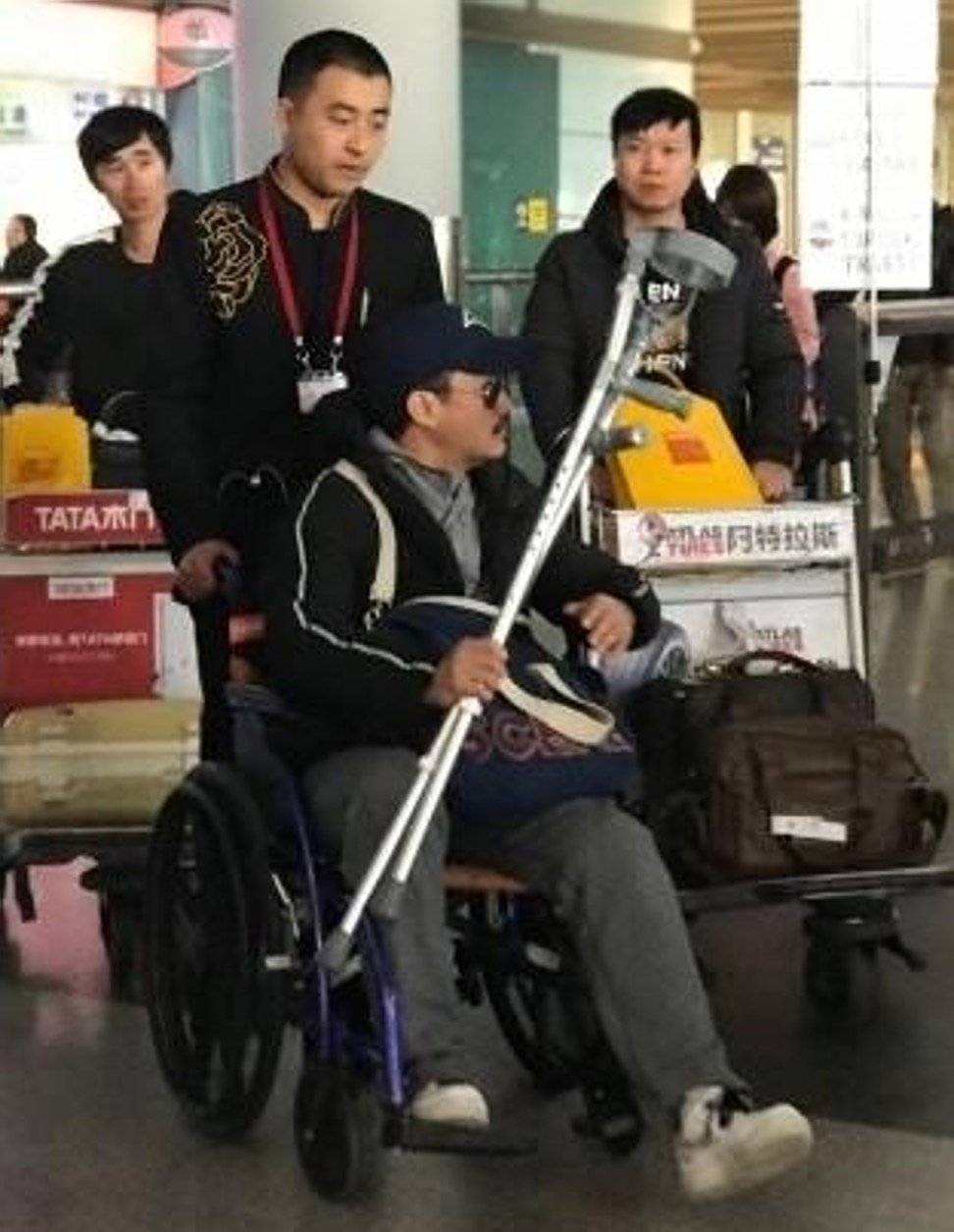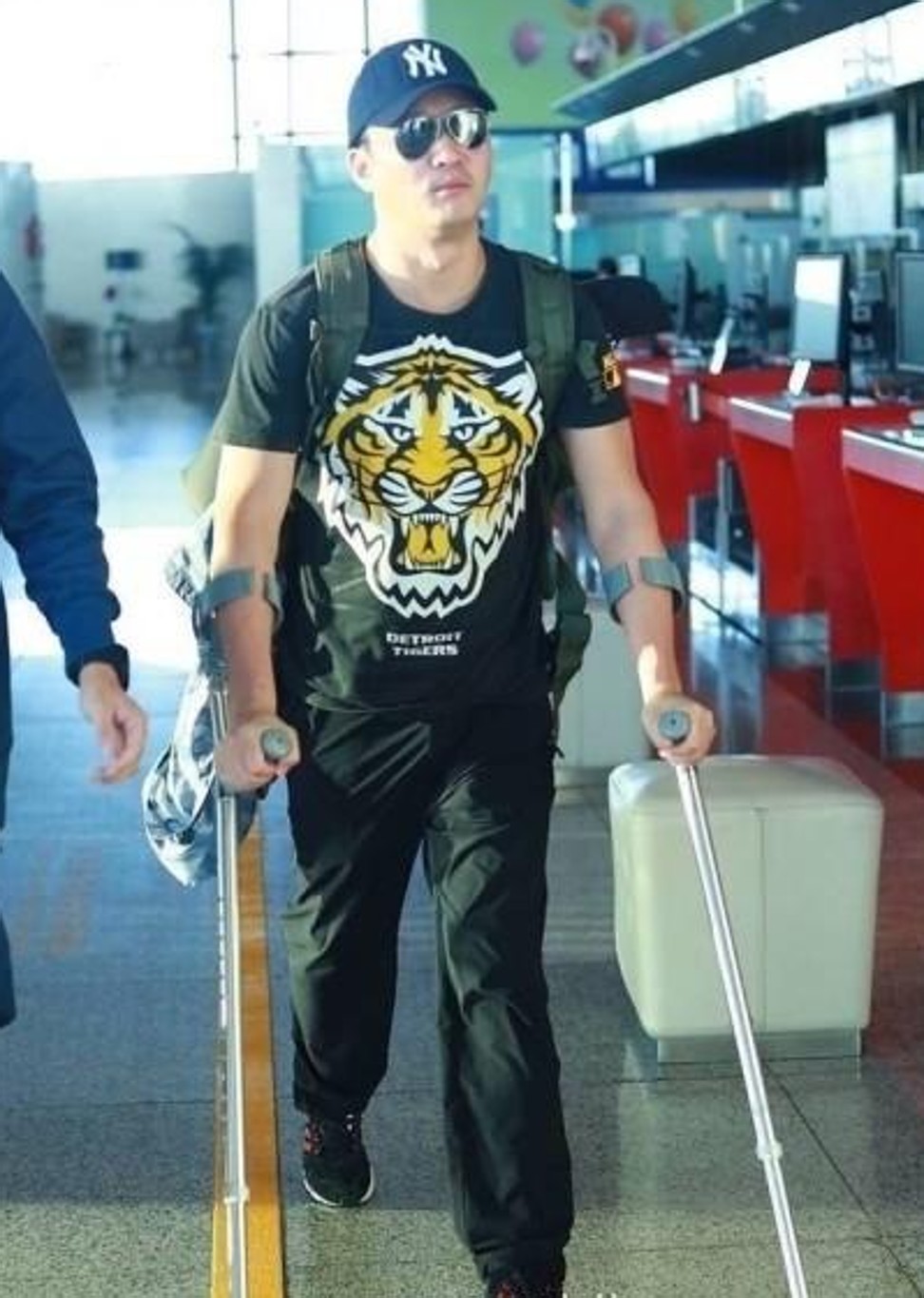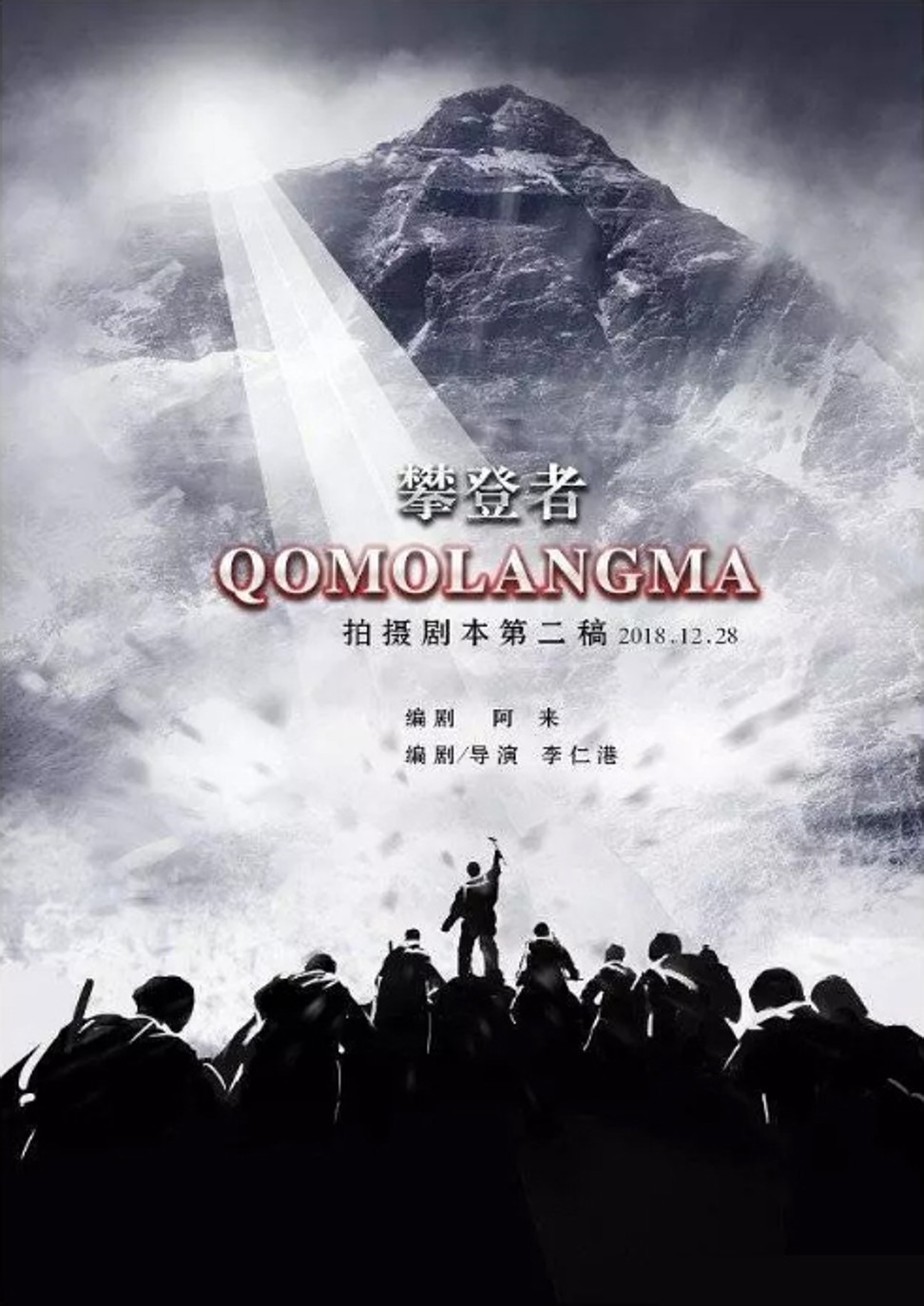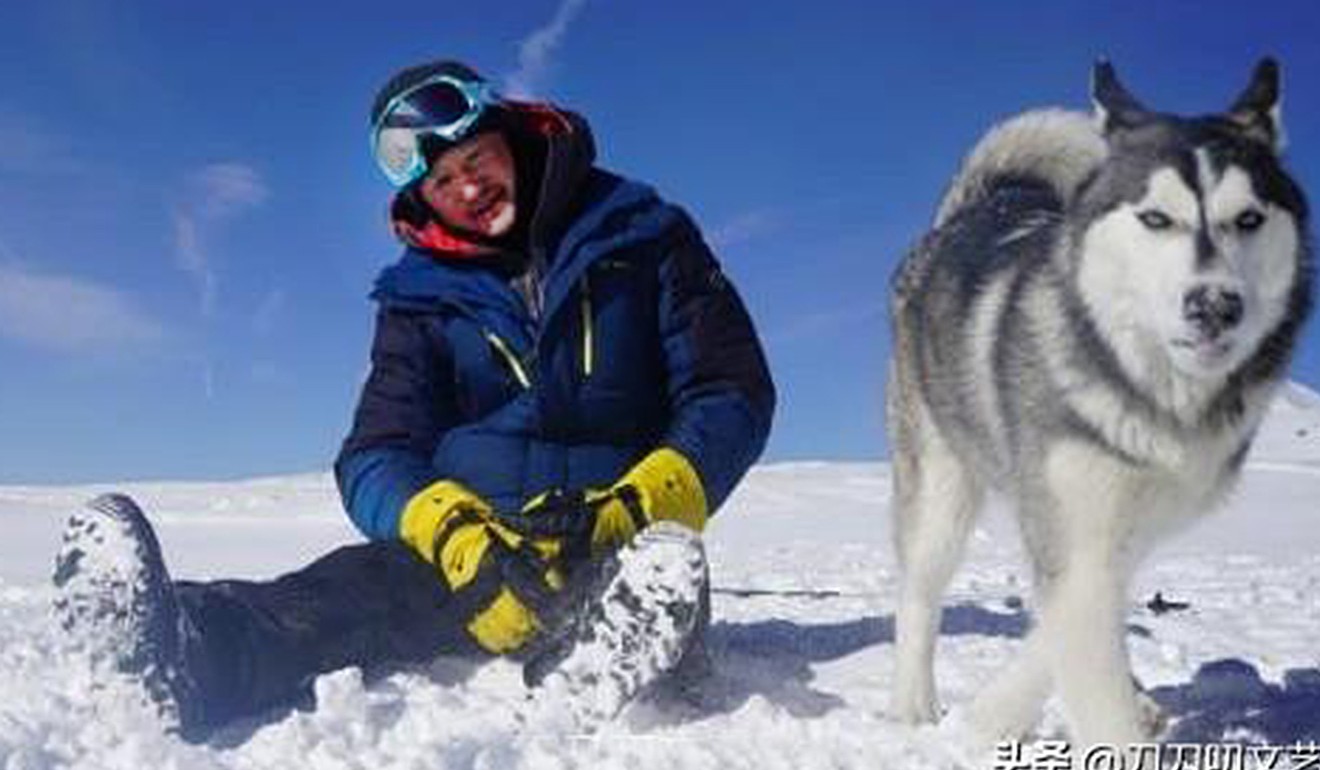Oscar nominated?
We’ll see how far this gets. I would be impressed if it makes it into the finalists.
Oscars: 92 Films Submitted in Foreign-Language Category
10:09 AM PDT 10/5/2017 by Gregg Kilday

Tim Boyle/Getty
Nominations will be announced Jan. 23.
A record 92 countries have submitted films for consideration in the foreign-language film category for the 90th Academy Awards.
Haiti, Honduras, Lao Peoples Democratic Republic, Mozambique, Senegal and Syria have all submitted films for the first time.
The 2017 submissions are:
Afghanistan, A Letter to the President, Roya Sadat, director;
Albania, Daybreak, Gentian Koçi, director;
Algeria, Road to Istanbul, Rachid Bouchareb, director;
Argentina, Zama, Lucrecia Martel, director;
Armenia, Yeva, Anahit Abad, director;
Australia, The Space Between, Ruth Borgobello, director;
Austria, Happy End, Michael Haneke, director;
Azerbaijan, Pomegranate Orchard, Ilgar Najaf, director;
Bangladesh, The Cage, Akram Khan, director;
Belgium, Racer and the Jailbird, Michaël R. Roskam, director;
Bolivia, Dark Skull, Kiro Russo, director;
Bosnia and Herzegovina, Men Dont Cry, Alen Drljevi, director;
Brazil, Bingo The King of the Mornings, Daniel Rezende, director;
Bulgaria, Glory, Petar Valchanov, Kristina Grozeva, directors;
Cambodia, First They Killed My Father, Angelina Jolie, director;
Canada, Hochelaga, Land of Souls, François Girard, director;
Chile, A Fantastic Woman, Sebastián Lelio, director;
China, Wolf Warrior 2, Wu Jing, director;
Colombia, Guilty Men, Iván D. Gaona, director;
Costa Rica, The Sound of Things, Ariel Escalante, director;
Croatia, Quit Staring at My Plate, Hana Jui, director;
Czech Republic, Ice Mother, Bohdan Sláma, director;
Denmark, You Disappear, Peter Schønau Fog, director;
Dominican Republic, Wood******s, Jose Maria Cabral, director;
Ecuador, Alba, Ana Cristina Barragán, director;
Egypt, Sheikh Jackson, Amr Salama, director;
Estonia, November, Rainer Sarnet, director;
Finland, Tom of Finland, Dome Karukoski, director;
France, BPM (Beats Per Minute), Robin Campillo, director;
Georgia, Scary Mother, Ana Urushadze, director;
Germany, In the Fade, Fatih Akin, director;
Greece, Amerika Square, Yannis Sakaridis, director;
Haiti, Ayiti Mon Amour, Guetty Felin, director;
Honduras, Morazán, Hispano Durón, director;
Hong Kong, Mad World, Wong Chun, director;
Hungary, On Body and Soul, Ildikó Enyedi, director;
Iceland, Under the Tree, Hafsteinn Gunnar Sigurðsson, director;
India, Newton, Amit V Masurkar, director;
Indonesia, Turah, Wicaksono Wisnu Legowo, director;
Iran, Breath, Narges Abyar, director;
Iraq, Reseba The Dark Wind, Hussein Hassan, director;
Ireland, Song of Granite, Pat Collins, director;
Israel, Foxtrot, Samuel Maoz, director;
Italy, A Ciambra, Jonas Carpignano, director;
Japan, Her Love Boils Bathwater, Ryota Nakano, director;
Kazakhstan, The Road to Mother, Akhan Satayev, director;
Kenya, Kati Kati, Mbithi Masya, director;
Kosovo, Unwanted, Edon Rizvanolli, director;
Kyrgyzstan, Centaur, Aktan Arym Kubat, director;
Lao Peoples Democratic Republic, Dearest Sister, Mattie Do, director;
Latvia, The Chronicles of Melanie, Viestur Kairish, director;
Lebanon, The Insult, Ziad Doueiri, director;
Lithuania, Frost, Sharunas Bartas, director;
Luxembourg, Barrage, Laura Schroeder, director;
Mexico, Tempestad, Tatiana Huezo, director;
Mongolia, The Children of Genghis, Zolbayar Dorj, director;
Morocco, Razzia, Nabil Ayouch, director;
Mozambique, The Train of Salt and Sugar, Licinio Azevedo, director;
Nepal, White Sun, Deepak Rauniyar, director;
Netherlands, Layla M., Mijke de Jong, director;
New Zealand, One Thousand Ropes, Tusi Tamasese, director;
Norway, Thelma, Joachim Trier, director;
Pakistan, Saawan, Farhan Alam, director;
Palestine, Wajib, Annemarie Jacir, director;
Panama, Beyond Brotherhood, Arianne Benedetti, director;
Paraguay, Los Buscadores, Juan Carlos Maneglia, Tana Schembori, directors;
Peru, Rosa Chumbe, Jonatan Relayze, director;
Philippines, Birdshot, Mikhail Red, director;
Poland, Spoor, Agnieszka Holland, Kasia Adamik, directors;
Portugal, Saint George, Marco Martins, director;
Romania, Fixeur, Adrian Sitaru, director;
Russia, Loveless, Andrey Zvyagintsev, director;
Senegal, Félicité, Alain Gomis, director;
Serbia, Requiem for Mrs. J., Bojan Vuletic, director;
Singapore, Pop Aye, Kirsten Tan, director;
Slovakia, The Line, Peter Bebjak, director;
Slovenia, The Miner, Hanna A. W. Slak, director;
South Africa, The Wound, John Trengove, director;
South Korea, A Taxi Driver, Jang Hoon, director;
Spain, Summer 1993, Carla Simón, director;
Sweden, The Square, Ruben Östlund, director;
Switzerland, The Divine Order, Petra Volpe, director;
Syria, Little Gandhi, Sam Kadi, director;
Taiwan, Small Talk, Hui-Chen Huang, director;
Thailand, By the Time It Gets Dark, Anocha Suwichakornpong, director;
Tunisia, The Last of Us, Ala Eddine Slim, director;
Turkey, Ayla: The Daughter of War, Can Ulkay, director;
Ukraine, Black Level, Valentyn Vasyanovych, director;
United Kingdom, My Pure Land, Sarmad Masud, director;
Uruguay, Another Story of the World, Guillermo Casanova, director;
Venezuela, El Inca, Ignacio Castillo Cottin, director;
Vietnam, Father and Son, Luong Dinh Dung, director.
Nominations for the 90th Academy Awards will be announced on Tuesday, Jan. 23.
The 90th Oscars will be held on Sunday, March 4, at the Dolby Theatre at Hollywood & Highland Center in Hollywood, and will be televised live on ABC.
Wolf Warrior 2 & The-Academy Awards

